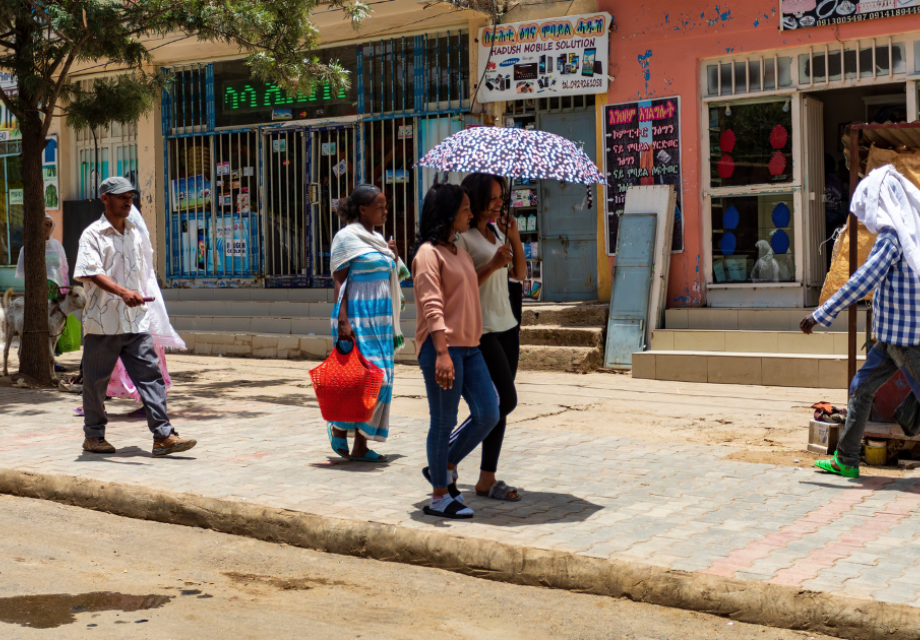Migration impacts treatment access for women in South Sudan who sell sex
Hester Phillips
28 January 2022
Analysis suggests that HIV status awareness is less of an issue than accessing treatment and staying on it
A study among women with HIV who sell sex in South Sudan suggests that accessing and staying on HIV treatment is harder than getting diagnosed – possibly due to the migratory status of many women.
What is the research about?
Researchers surveyed around 1,250 women (aged 15 and above) in Juba, the capital, and Nimule, a city that borders Uganda. All received money, goods or services in exchange for sex. Participants were described as sex workers if they were aged 18 and above or sexually exploited if aged 15-17 (described here as ‘women who sell sex’).
Why is this research important?
Little is known about HIV among women in South Sudan who sell sex.
The Eagle Survey, conducted between 2015 and 2017, aimed to address this. It found HIV prevalence among women who sell sex in Juba was 37.9% and 24% in Nimule.
But the original Eagle Survey studies did not analyse this data in terms of reaching the UNAIDS’ 90–90-90 targets, something this new analysis has done.
Understanding this will help find the parts of the HIV prevention-testing-treatment chain that need strengthening for women who sell sex in South Sudan, so that HIV transmission reduces and more sex workers with HIV can access effective treatment.
What did they find out?
In most countries, it is awareness of HIV status that is the hardest 90–90-90 target to reach. But the opposite was true here. For women who sell sex in South Sudan, status awareness was higher than treatment uptake and viral suppression.
In Juba, around 300 women out of 840 surveyed had HIV. Of these, 74.8% were aware of their HIV status. Of those who knew they had HIV, 73.3% were on antiretroviral treatment (ART). Of these, 62.2% were virally suppressed.
In Nimule, around 100 women out of 400 surveyed had HIV. Of these, 79.5% were aware of their HIV status. Of those who knew they had HIV, 62.9% were on ART. Of these, 75.7% were virally suppressed.
One important finding relates to migration. Migrant women who sold sex were far more likely to have HIV than Sudanese sex workers. In Juba, 85.7% of the women surveyed who had HIV were migrants, as were 70% in Nimule.
What does this mean for HIV services?
It shows that the biggest gaps for women with HIV in South Sudan who sell sex are in ART uptake and viral suppression, particularly in Juba.
The finding that most women who sell sex who have HIV are migrant women is important. Not being on regular treatment could be partly due to the difficulty migrant women have in returning to their home country to get more medicine. This is likely to be less of an issue for Ugandan migrants in Nimule, which is close to Uganda, but more of an issue for Ugandan migrants in Juba. The study found that around two-thirds of women who sell sex in Juba were from Uganda.
In Juba, 17% of women who sold sex were Congolese and 10% were Kenyan. It is likely to be even harder for these women to return home due to the distance to their countries.
Additional support designed specifically for migrant women with HIV who sell sex may be needed to ensure they can access HIV treatment and can keep taking it so they are able to reach viral suppression.
Get our news and blogs by email
Keep up-to-date with all our latest news stories and blogs by signing up to the Be in the KNOW news digest.
